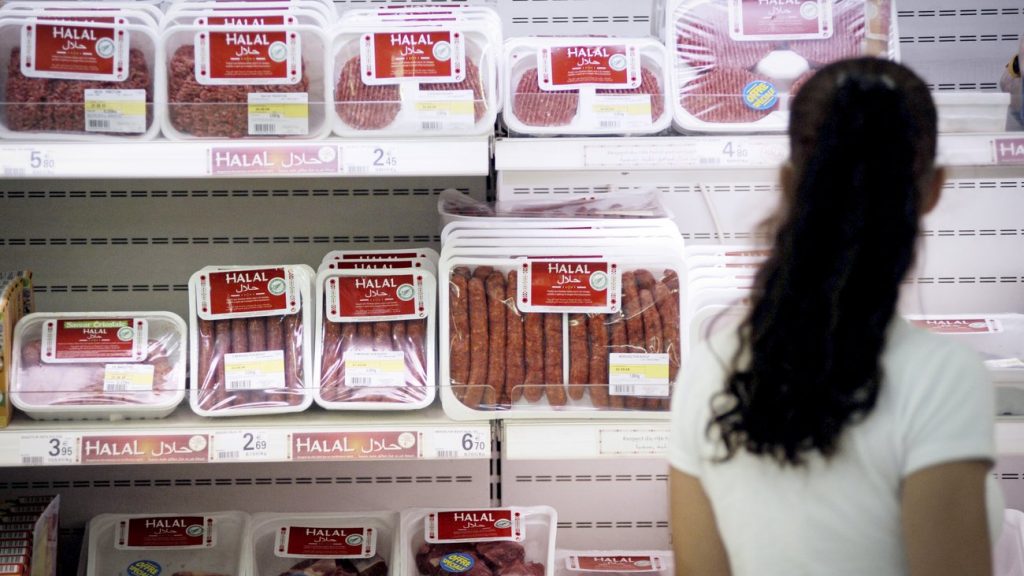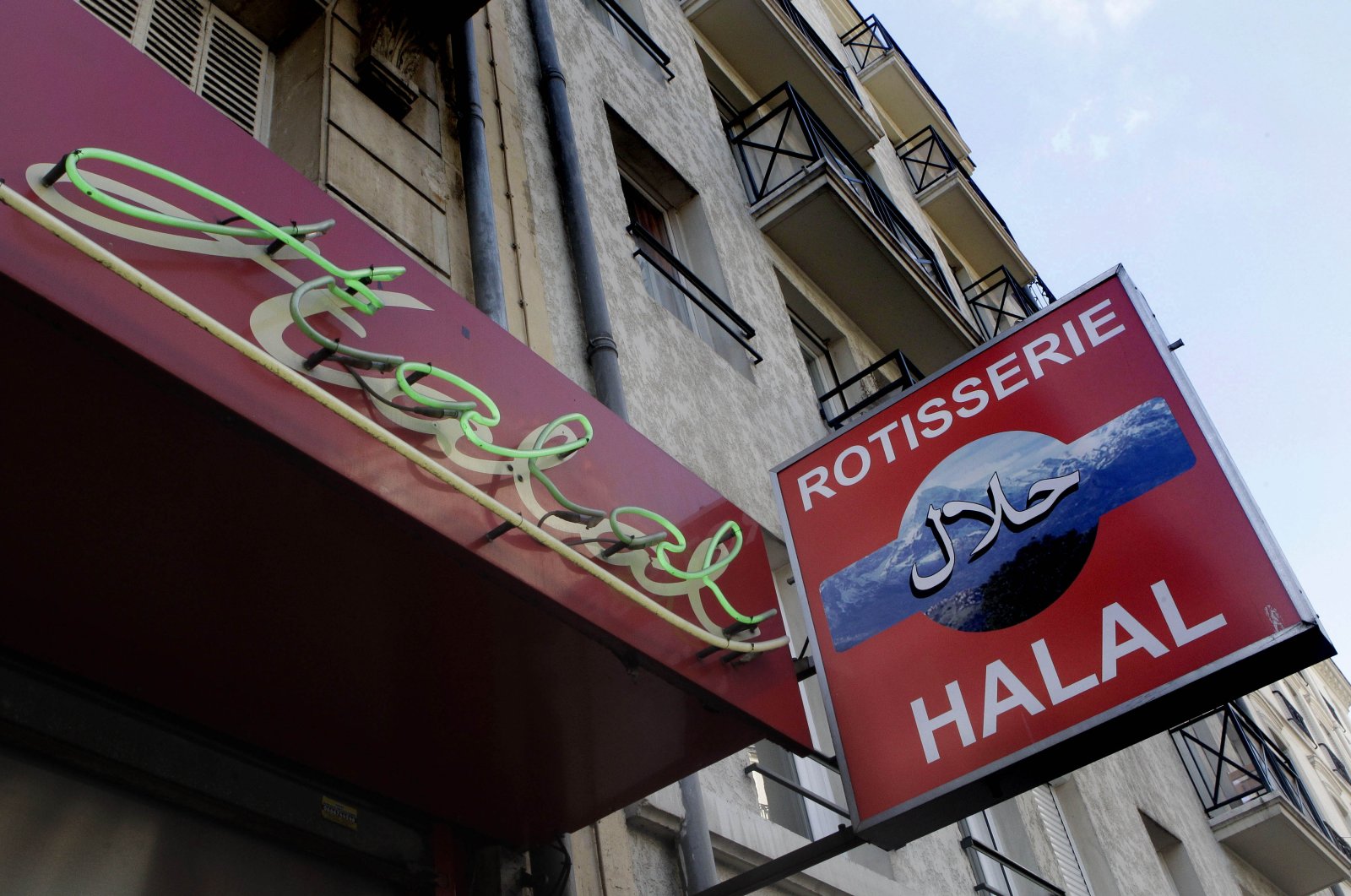|
A number of
certifiers of halal food (goods prepared in accordance with Islamic
law) from Germany, France, the UK, Belgium, Austria, Denmark, Spain,
Bosnia and Herzegovina and Turkey decided last week to lay the
foundation for a single association to set the market in order and curb
unfair competition. The establishment of the association will be
officially announced in a signing ceremony in Belgium on Feb. 24, 2010
with the participation of all parties involved.
Following a
global trend in the certification of halal foods, a number of groups in
Europe, mostly in countries with relatively higher Muslim populations,
have started to give halal certification to some producers. Producers
and dealers, seeing the potential for increased demand for halal
products, have lined up to receive halal certification.
“However,
a critical problem underlying the issue is that these certifiers lack
information about the requirements of halal certification, and they are
cheating Muslim consumers with ‘unauthorized’ certificates,” Hüseyin
Büyüközer, chairman of the Food Auditing and Certification Research
Association (G?MDES), the first body to issue halal certificates in
Turkey, told Sunday’s Zaman. Evaluating the present preparations for a
pan-European certification association, Büyüközer asserted that the
establishment of such an association would be a milestone in that it
would mark the end of an unfair and incorrect application of standards
in the market as well as of an abuse of consumer rights. He said G?MDES
was one of the certifiers supporting the issue. Underlining that there
are certain conditions firms must meet to obtain halal certification,
he said halal certification is a long process and a very sensitive
issue. “The certifiers have to make sure the entire production process
in a company is in line with Islamic rules, following a series of
inspections. However, some unauthorized certifiers are issuing halal
certificates without even seeing the face of the owner of the
production facility. This is not how it should be.” He said this also
causes unfair competition and discourages other certifier institutions
who exert extra effort to ensure halal standards.
Consumer support essential for association’s success
The
new association will hopefully fill this gap, Büyüközer said, also
emphasizing that they will need the support of consumers to this end.
“People have remained indifferent to the issue for years; everyone
should be well informed and claim their rights. Consumers’ health
should be valued above all other things.”
“From our meetings with
consumers in different European countries, we have found that people
are complaining about the unauthorized certifiers. Having experienced
similar misuses in the past, most Muslim consumers do not trust the
halal labels on products and expect to see order in the market,” the
G?MDES head pointed out, as he underlined that his organization has
detected some 30 certifiers in the Netherlands and another 13 in
Germany which issue “fake halal certificates.” Büyüközer was harsh in
his criticism as he noted such certifications were nothing but an
insult to consumers. “This opportunism has reached worrisome levels and
should be stopped,” he said. Another major problem, he emphasized, is
that some certifiers sell certificates for excessive prices. There are
companies who must procure their halal certificates for 5,000 to 10,000
euros. This is high and way above normal costs.”
The G?MDES head
noted that normalization could take some time to have an effect in the
European halal sector and they will also need the support of
governments. “Perhaps the key factor to the success of the new
association will be support from governments. If they would take
necessary measures to force certifiers to operate in line with the
rules defined by the European Association of Halal Certifiers, then we
will see a faster transformation for the better in the market,”
Büyüközer said.
He stressed that the success of the association
will also be for the benefit of the economies of the countries
involved, since they will have a chance to rejuvenate their domestic
markets and diversify their trade base. “Once a healthy halal
certification system is established in Europe, more consumers will look
for halal labels, and this will boost demand more than anticipated,” he
explained.
Single voice in global markets is ultimate goal
Gaining
importance in the global markets in recent years, the popularity of the
concept of halal products has increased in many countries. South
Africa, New Zealand, Malaysia, Indonesia, China, Singapore and Thailand
have already adopted their own halal standards and have quickly
discovered the potential in the halal product sector; the global halal
sector is worth an estimated $2 trillion in trade. Certifiers worldwide
are looking to establish a single voice, with a global umbrella
institution that will supervise all halal certifiers. Currently the
largest such institution is the World Halal Council, established in
Thailand, which oversees some 41 halal certification agencies from
various countries.
|



